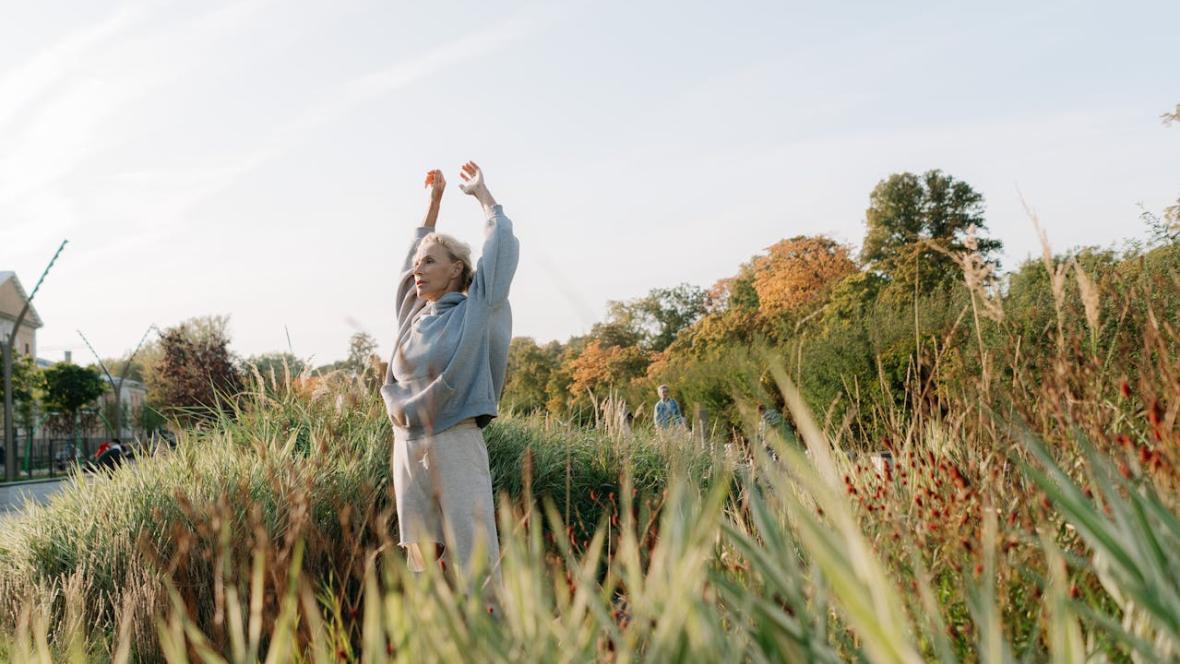Retirement is not a farewell: work, learning, and purpose in the Age of Longevity

Retirement shouldn’t mean disconnection—it should mean reconnection with what gives life meaning. In longevity, purpose also expands.
Beyond the Finish Line
For decades, retirement has been understood as an end point: the moment when one withdraws from the world of work to rest after a lifetime of effort. But in a society where we live longer—and where many people reach 65 in good health, with energy and experience—this image of retirement as a “final exit” is becoming outdated.
Today, retirement doesn’t have to be a rupture. It can be redesigned as a transition. A pause, a readjustment, a new beginning. For many older adults, leaving employment doesn’t mean abandoning activity, but reconfiguring their sense of time, work, and engagement with the world.
Staying Active: A Choice… and a Right
A study in Denmark showed that people who remain employed beyond the official retirement age tend to be healthier, more economically stable, and in many cases, genuinely motivated to keep contributing. It’s not an obligation—it’s a choice. And as such, it demands public policies that make it possible: part-time work options, incentives for senior employment, age-friendly workplaces, less ageism, and more recognition of experience as value.
But it’s not just about continuing to work. It’s about continuing to participate. To feel included. To have a place. And in that, lifelong learning plays a decisive role.
Learning to Stay Alive
The idea that learning ends with professional life no longer holds. In a recent study of people over 65 in Singapore, those who actively participated in educational activities and had a positive attitude toward lifelong learning reported higher psychological well-being and a better perception of their quality of life.
Even if a direct causal link can’t be established, the message is clear: learning is not just about acquiring knowledge—it’s about staying alive inside.
Lifelong learning in old age is not a luxury—it is a tool for dignity. Not only for those who want to remain professionally active, but also for those who wish to explore new interests, discover new paths, stay updated, or simply stay connected to the world. Offering accessible, flexible, and culturally diverse learning opportunities for older adults is an investment in health, inclusion, and intergenerational justice.
Volunteering: Giving, Connecting, Transforming
And when it comes to staying involved, volunteering deserves its own chapter. Dedicating time to community, social, or cultural activities benefits not only those who receive the support—it transforms those who give it.
Numerous studies have shown that regular volunteering—about 100 hours a year—is associated with lower mortality, better functional health, greater emotional well-being, and significantly reduced loneliness and depression.
Volunteering allows older adults to give value to their time, experience, and skills. It offers them meaning, connection, and purpose. And to society, it offers a valuable human capital that has been underutilized for far too long.
Not Just Pensions: Purpose, Choice, Autonomy
This is why talking about longevity cannot be limited to pensions or dependency. It must also be a conversation about the right to keep learning, working, and participating. About how we want to live the extra stretch of life history has gifted us. And about how society can support that desire to remain active without demanding heroism or denying the right to rest.
Retirement should not mark the start of a countdown—but the beginning of a stage with earned time. Time to do other things, at a different pace, with new meaning. Some people will stay engaged in paid work, others in volunteering, others in learning, art, politics, or caregiving.
What matters is that they can choose. That they have the conditions to do so. That longevity doesn’t translate into isolation or passivity, but into autonomy and agency.
When Experience Still Beats Strong
Aging is not fading—it is transforming. And every time an older person finds a way to keep contributing, learning, or participating, society as a whole becomes richer.
Because experience doesn’t expire. Because vitality has no age—if it is cultivated with purpose, with opportunities, and with respect.
Why do we still talk about retirement as if life ends at 65?
